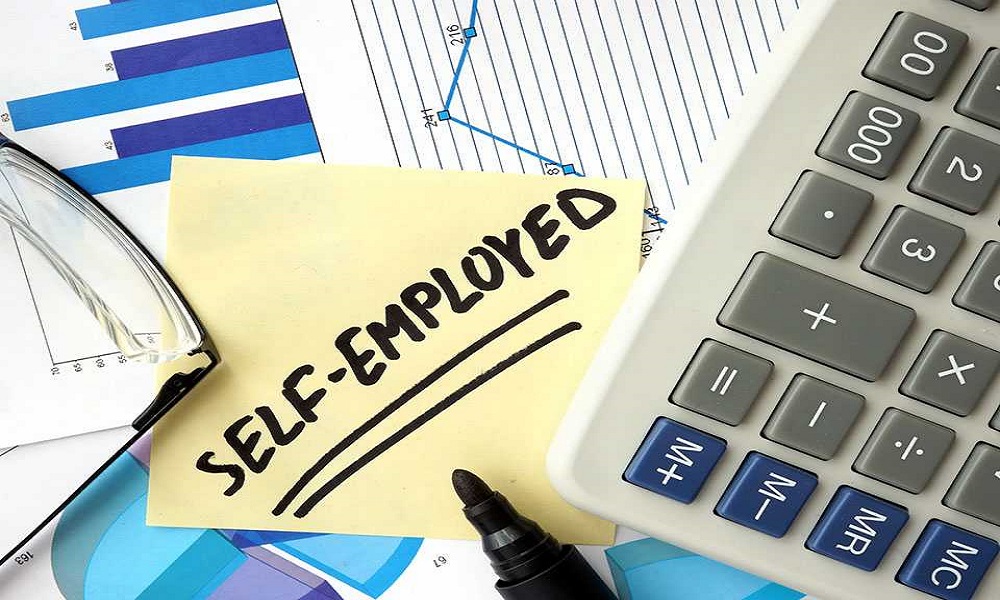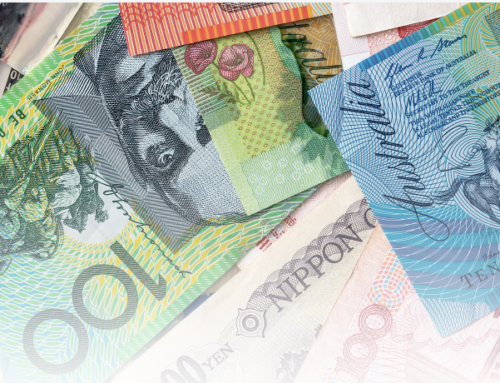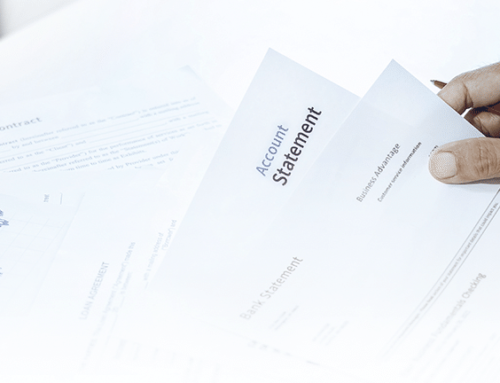When you’re self-employed, the challenges you face in building a successful financial future differ dramatically from those that full-time workers face. Whether you are new to self-employment or have successfully freelanced for years, you might consistently find it difficult to organise your personal and business expenses and maximise your tax deductions.
The challenges of managing finances as a self-employed worker
Self-employed workers face numerous challenges in managing their finances. The below obstacles are just a few.
Variability in payment schedules and amounts
Full-time employees usually receive regular payments of equal amounts, and this predictability often makes budgeting for monthly personal expenses significantly easier. When you’re self-employed, not only do your payments arrive at irregular intervals, but the amount you earn every month may vary. This unpredictability can make developing a budget and sticking to it more challenging than it is for many full-time workers.
Separating and organising personal and business expenses
When you’re self-employed, you’re essentially a one-person business. That means you need to organise your personal and business expenses. If you were a full-time worker, your company wouldn’t include any of your personal spending in its bookkeeping, and you should be similarly discerning in separating your personal and business expenses. That fancy lunch you bought should stay in your personal expenses – unless, that is, your lunch was a business meeting.
Knowing what to categorise as business expenses
On top of organising your personal and business expenses, you’ll need to know what actually counts as a business expense. Traveling to and from a store to pick up office supplies might not count as a business expense, but the money you spend getting to and from a client meeting or work event might be (and certain tools can automatically track your miles traveled if you’re driving and paying for gas to get to and from these meetings). No matter what, you should separate your business expenses from your personal expenses and tag or categorise your business expenses so you can more easily maximise your tax deductions.
Maximising your tax deductions
Whether you find it most challenging to maximise your tax deductions, separate and organise your personal and business expenses, determine what qualifies as a business expense, or establish a budget given your revenue variability, there are tips you can follow to stay on top of your finances – and tools you can use to help you do so.
Tips for self-employed financial success
1. Maintain separate personal and business bank accounts and credit cards.
You can’t get organised if all your financial information is haphazardly clustered together. If you use the same bank account to pay for personal leisure items and your website’s domain, you can quickly lose track of which transactions on your account are for business and which aren’t. That’s why you should maintain separate personal and business bank accounts and credit cards. This not only organises your personal and business expenses, but also makes expense tracking tools that much easier to use.
2. Don’t do it alone (or manually).
If you’re looking to cut costs, you might be tempted to log all your business expenses manually in a spreadsheet. This work is not only tedious, but also prone to human error. Save time by relying on software platforms that empower you with tools built on expert knowledge – think of it as having another person there with you inside your computer, smartphone or tablet.
Found this article helpful? Why not drop me an email to share your thoughts, erik@micah.com.au; or call me on 1800 756 267.









Leave A Comment